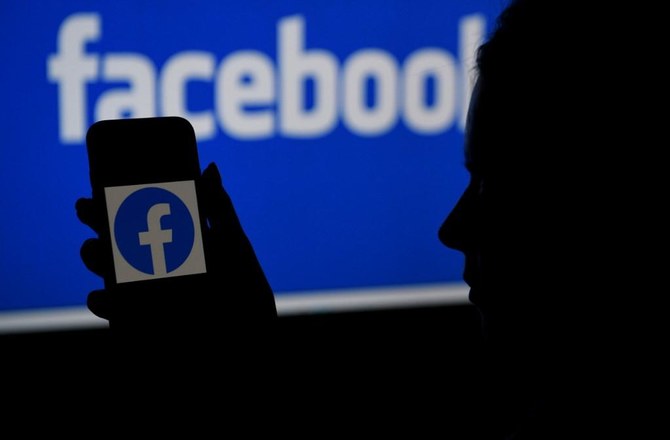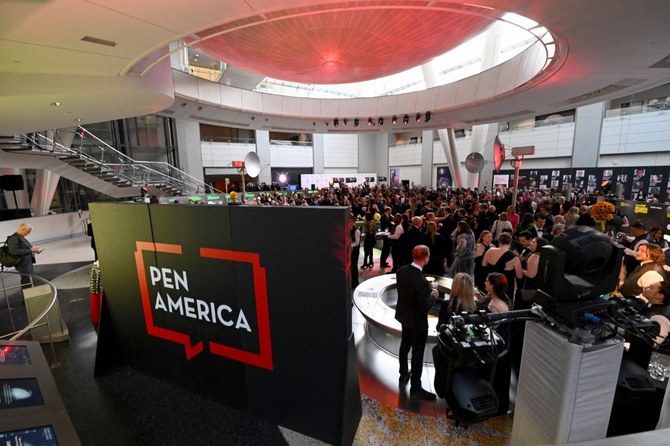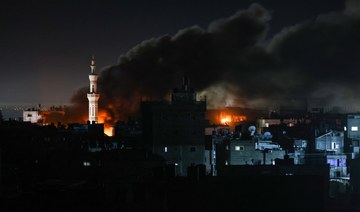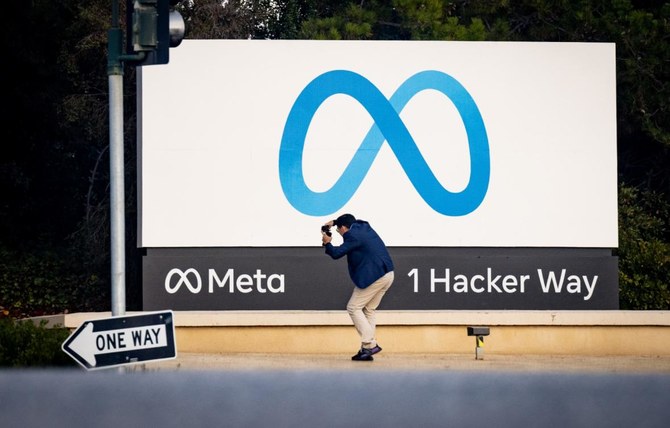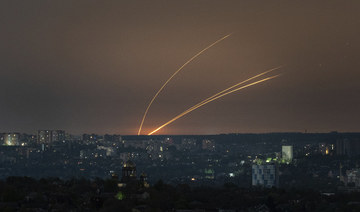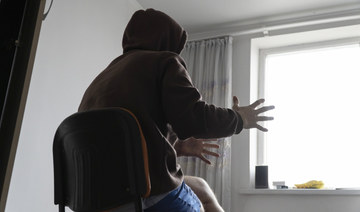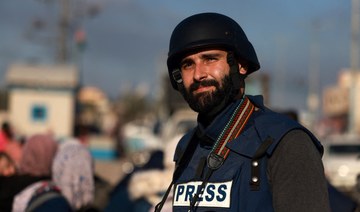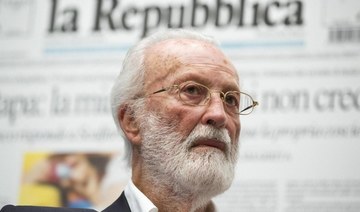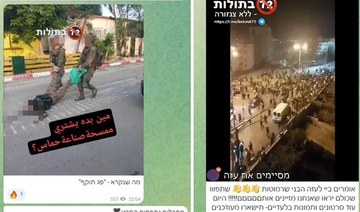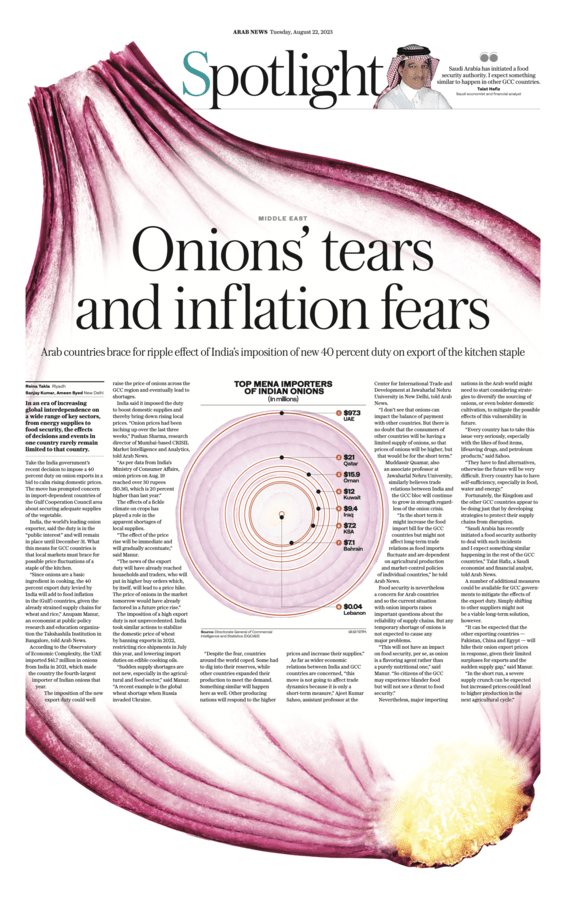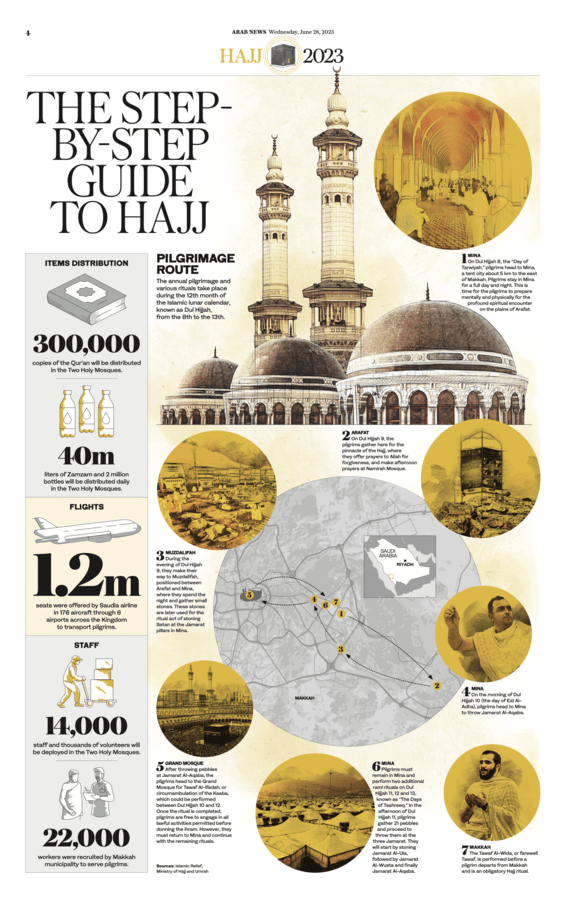WASHINGTON: A US judge on Monday dismissed the blockbuster antitrust action against Facebook filed last year by federal and state regulators, helping lift the value of the social media giant above $1 trillion for the first time.
Judge James Boasberg of the US District Court of Washington, DC dismissed the cases filed in December by the Federal Trade Commission and more than 40 states, which could have rolled back Facebook’s acquisition of Instagram and the messaging platform WhatsApp.
The federal lawsuit “failed to plead enough facts to plausibly establish a necessary element... that Facebook has monopoly power in the market for personal social networking services,” the judge said in a 53-page opinion, while allowing authorities the opportunity to refile the case.
In lawsuits filed in December that were consolidated in federal court, US and state officials called for the divestment of Instagram and WhatsApp, arguing that Facebook had acted to “entrench and maintain its monopoly to deny consumers the benefits of competition.”
The judge issued a separate opinion dismissing the case by the states, saying attorneys general had waited too long to bring the case for the acquisition of Instagram in 2012 and WhatsApp in 2014.
The judge said the FTC complaint “says almost nothing concrete on the key question of how much power Facebook actually had... it is almost as if the agency expects the court to simply nod to the conventional wisdom that Facebook is a monopolizt.”
The federal agency based its case on a “vague” assertion that Facebook controlled more than 60 percent of the social networking market, but the FTC “does not even allege what it is measuring.”
Boasberg wrote that “the market at issue here is unusual in a number of ways, including that the products therein are not sold for a price... the court is thus unable to understand exactly what the agency’s ‘60 percent-plus’ figure is even referring to, let alone able to infer the underlying facts that might substantiate it.”
Still he ruled that “this defect could conceivably be overcome by re-pleading,” allowing the federal agency the possibility of refiling the action.
Facebook shares surged after the decision, lifting the company’s market valuation above $1 trillion for the first time.
In a statement, the company said, “We are pleased that today’s decisions recognize the defects in the government complaints filed against Facebook. We compete fairly every day to earn people’s time and attention and will continue to deliver great products for the people and businesses that use our services.”
The ruling comes a week after a US congressional panel advanced legislation that would lead to a sweeping overhaul of antitrust laws and give more power to regulators to break up large tech firms, specifically aiming at Facebook, Google, Amazon and Apple.
The actions come amid growing concerns on the power of major tech firms, which have increasingly dominated key economic sectors and have seen steady growth during the pandemic.
Critics of Facebook said the rulings highlight the need to revise antitrust laws for the Internet age.
“This is a setback — not the end — in the FTC’s fight against dominant Big Tech monopolies like Facebook,” said Charlotte Slaiman of the consumer group Public Knowledge.
“The FTC should continue this important work, as the judge has indicated the agency can still file a new complaint if it can address these concerns. At the same time, Congress’ ongoing work to pass new laws and rules to address the power of Big Tech, as well as broader antitrust reforms, is now especially important and urgent.”



